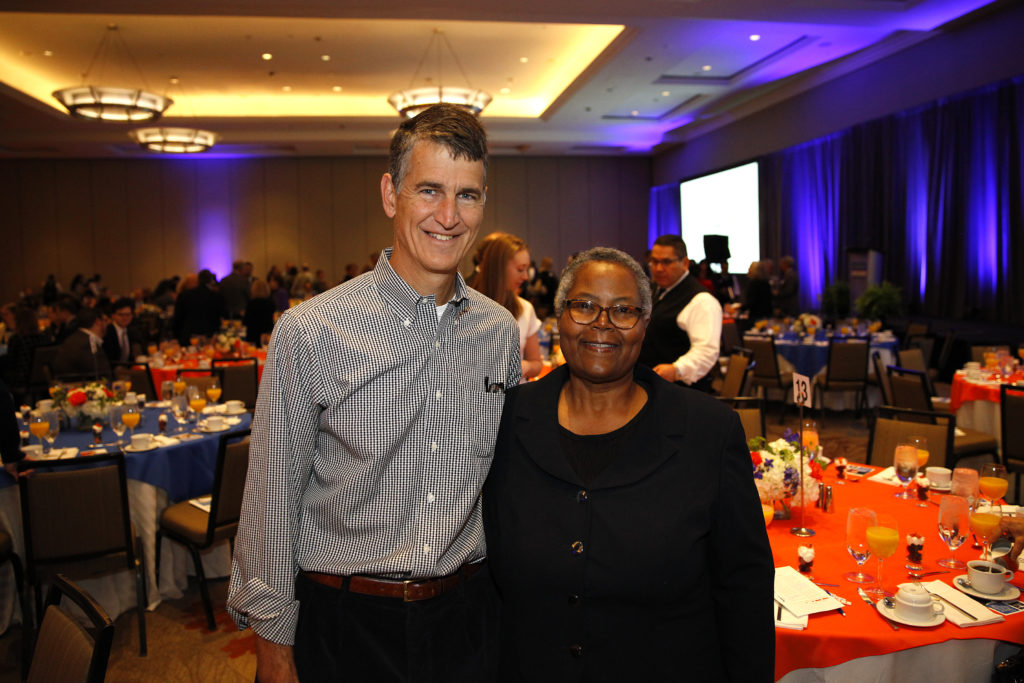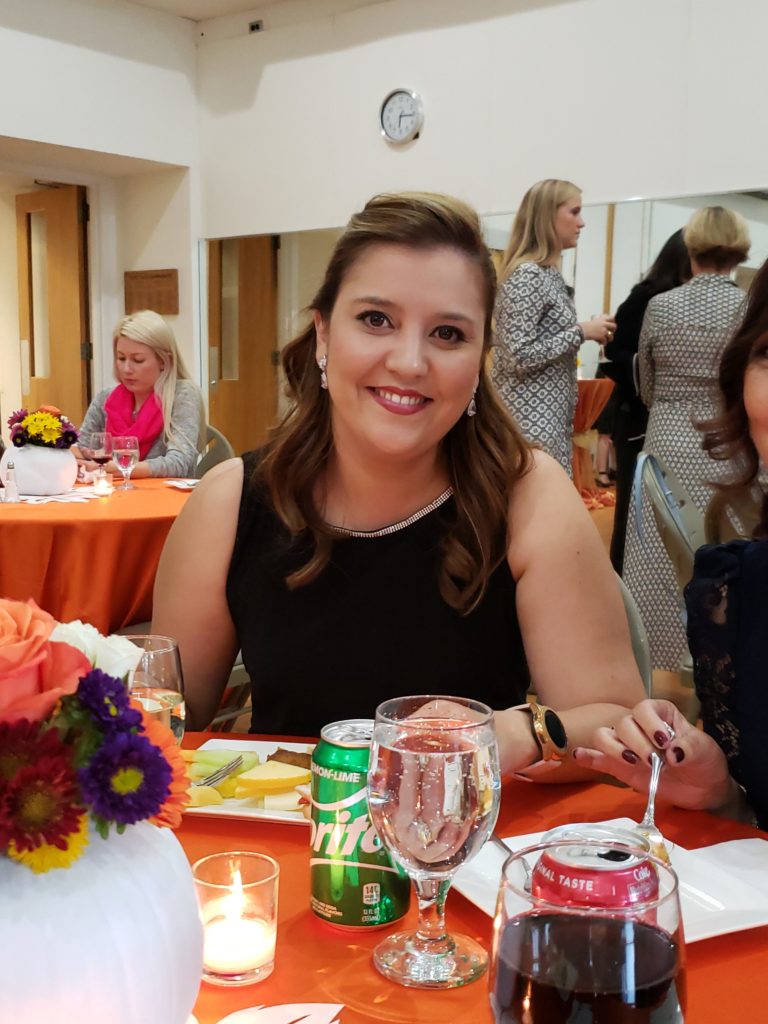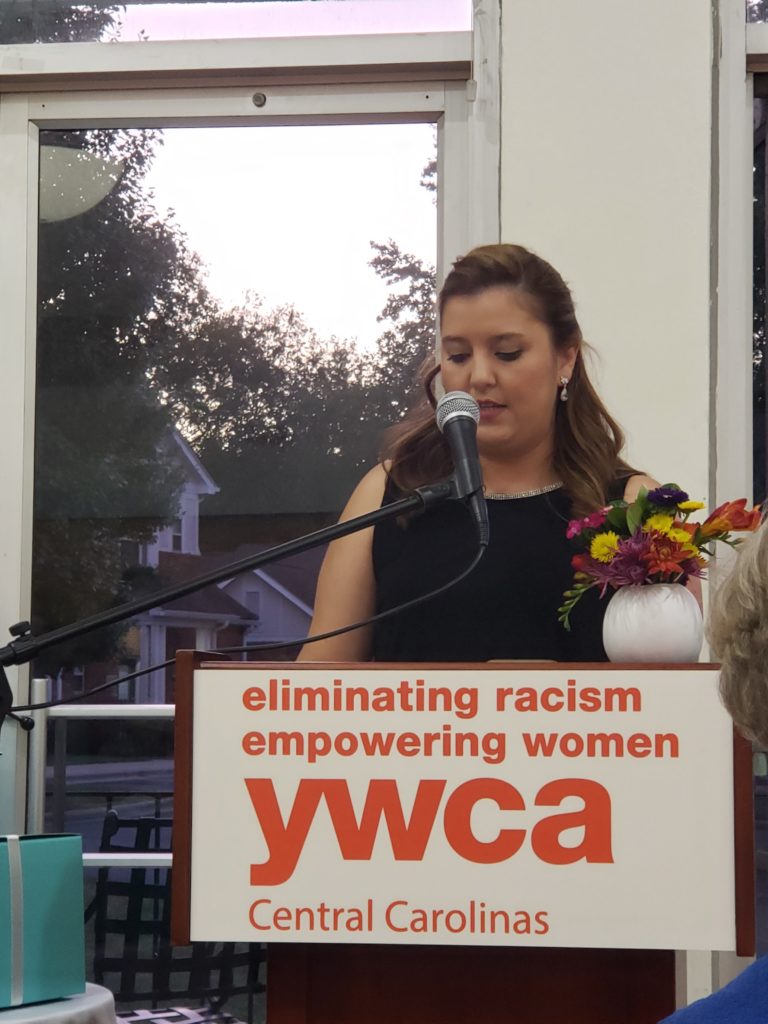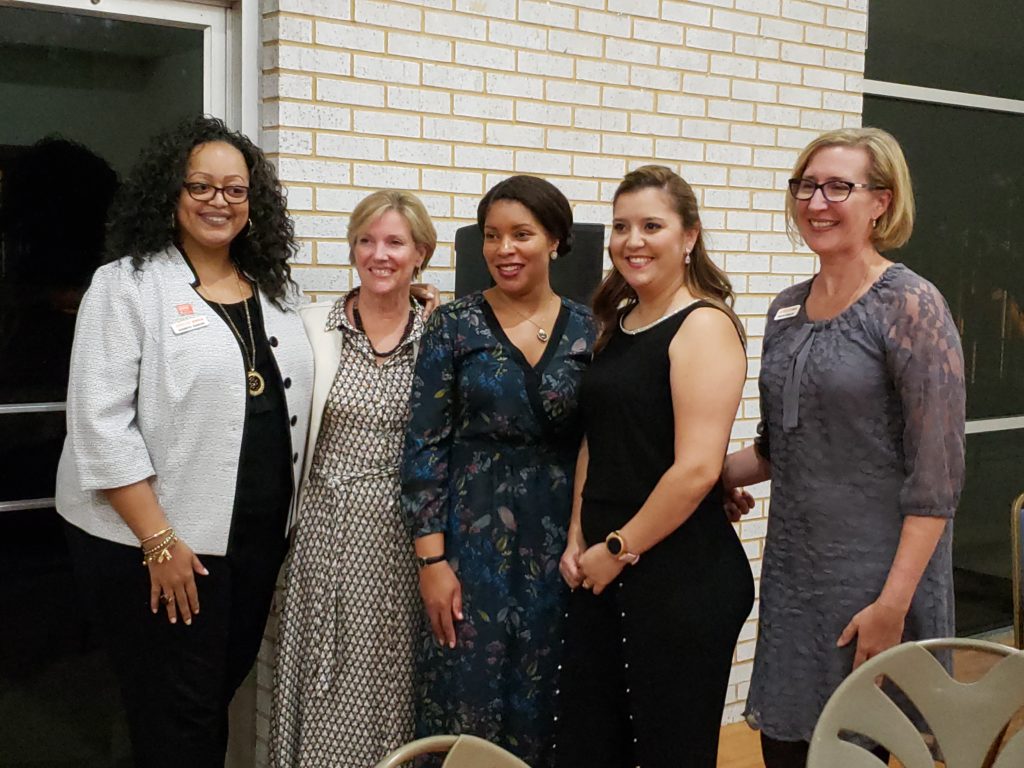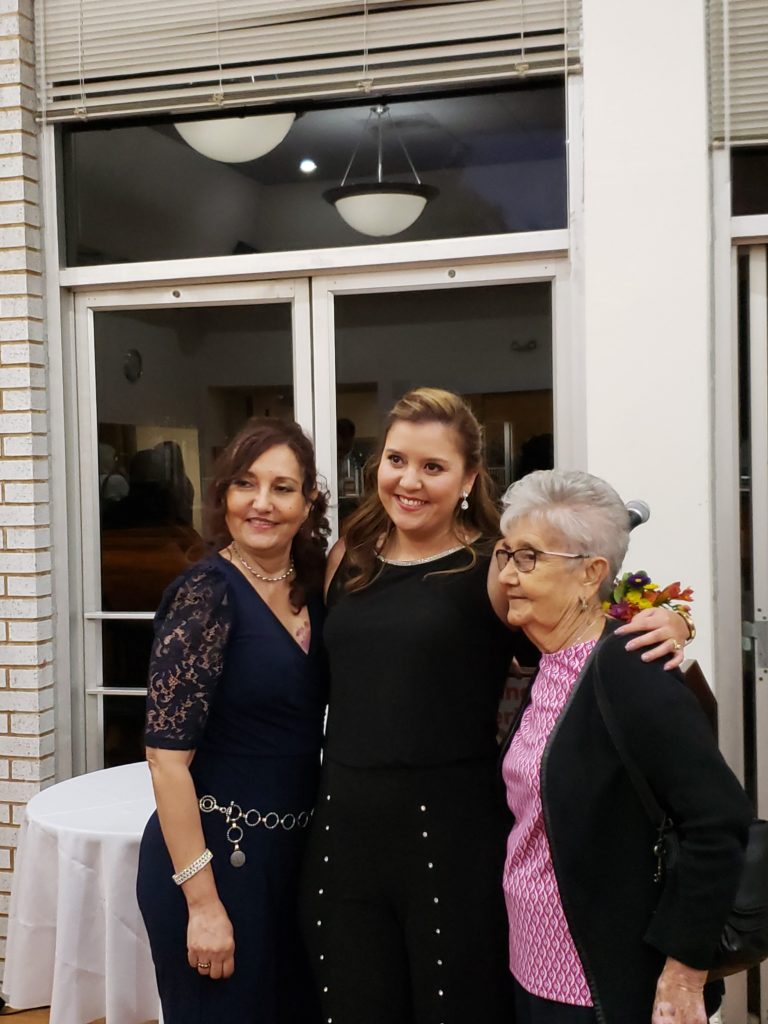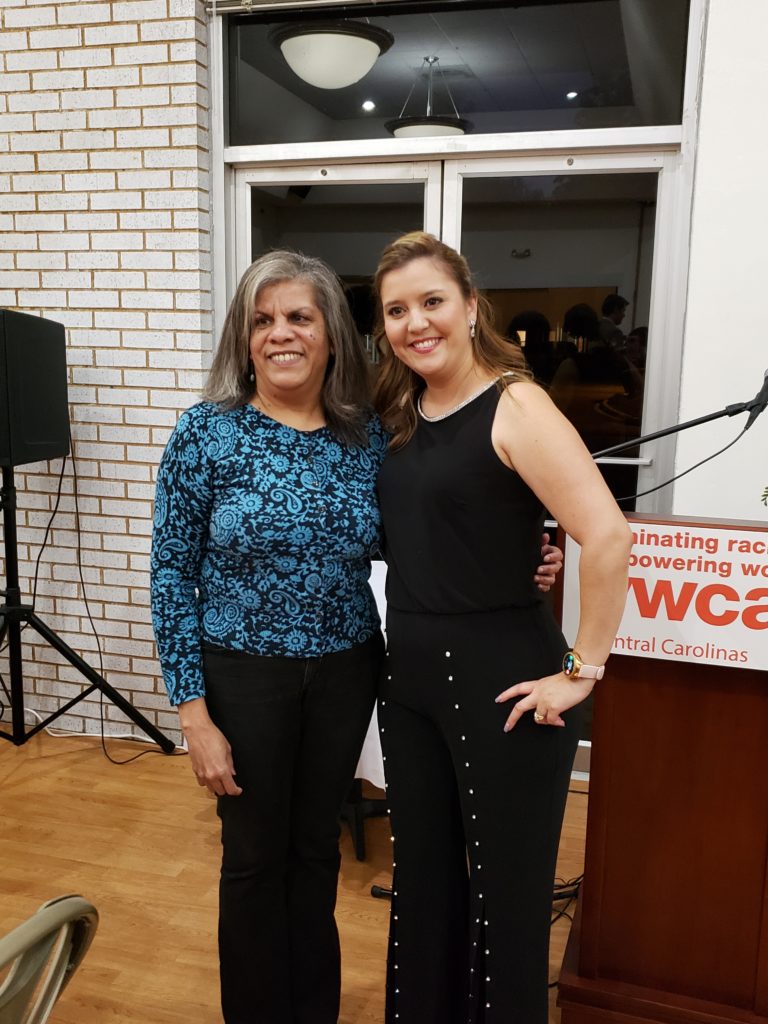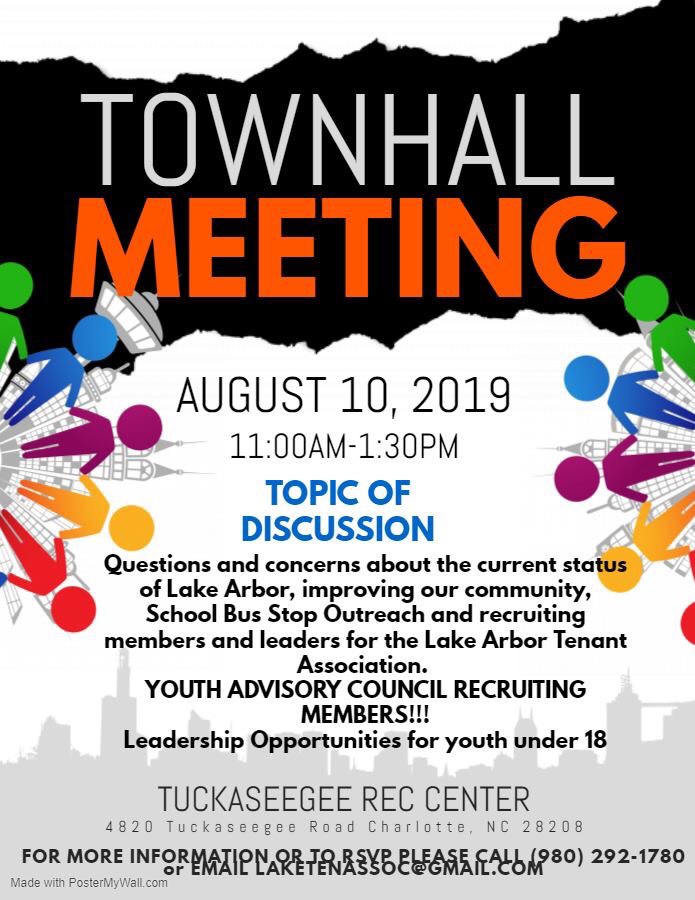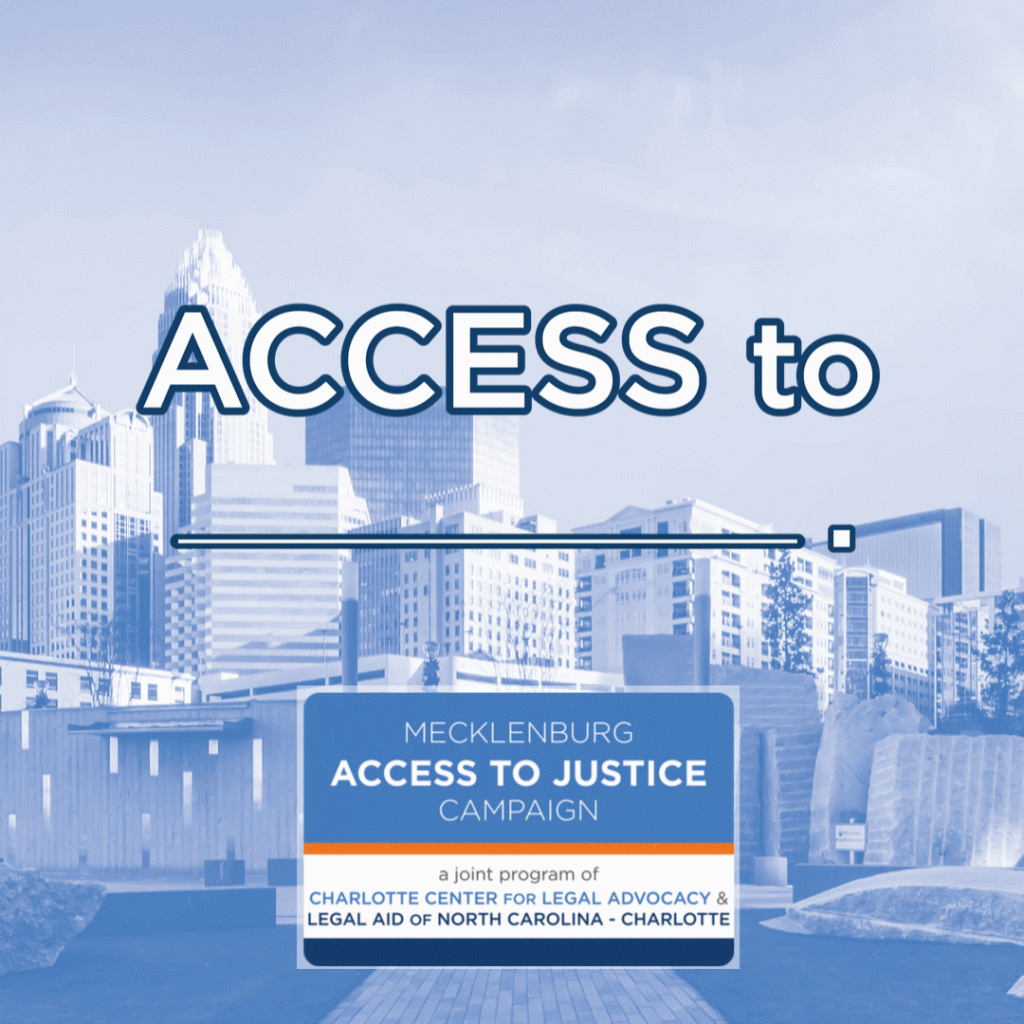
Nearly 500 local supporters, attorneys, community leaders and advocates gathered to celebrate ACCESS to legal assistance in our community at the 13th annual Justice for ALL breakfast Oct. 23.
The event officially kicked off the 2020 Access to Justice Campaign benefiting Charlotte Center for Legal Advocacy and Legal Aid of North Carolina, raising more than $90,000 toward our $500,000 goal.
Timika Shafeek-Horton, chair of the 2020 Access to Justice Campaign, reiterated how critical individual support is for the viability of these organizations and more importantly, our broader community:
“Simply put: the more financial resources each organization has, the more individuals and families in need they can serve in the ways that have the greatest impact. By supporting more families, our community will be stronger for everyone as we work together to address issues of equity, fairness, mobility and opportunity.”
Check out highlights from
Justice for ALL 2019!
Join the movement to build a more just community in which all know stability and are empowered to find opportunity.
The Access to Justice Campaign is currently underway and runs through the end of the year. Those who contribute a leadership gift of $1,000 or more by November 30 will be recognized as Access to Justice Champions during #GivingTuesdayCLT 2019 on December 3.
Why support the
Access to Justice Campaign
There is a justice gap in Mecklenburg County, and it plays a role in our community’s stability. One in three residents is low-income, and 71 percent of low-income residents are likely experiencing a civil legal issue that has significantly affected their lives.
However, with limited resources between the Advocacy Center and Legal Aid, there is one legal aid attorney for every 11,500 low-income residents. Families are in desperate need of legal assistance, but they can’t afford it. A friend can’t help; a church can’t help; a social worker can’t help—these families need a lawyer who understands what to do in front of a judge when stability is on the line.
Last year’s campaign raised more than $500,000 thanks to the generous support of the community and members of the Mecklenburg County Bar.
The Advocacy Center and Legal Aid use these funds to provide coordinated legal assistance that responds to rapidly changing community needs.
The Access to Justice Campaign is the most stable funding source these organizations depend on to serve the community because it it provides flexibility when traditional funding sources go away.
Together, Charlotte Center for Legal Advocacy and Legal Aid of North Carolina fight on their behalf every day to ensure fairness under the law that preserves stability and allows them make ends meet.


